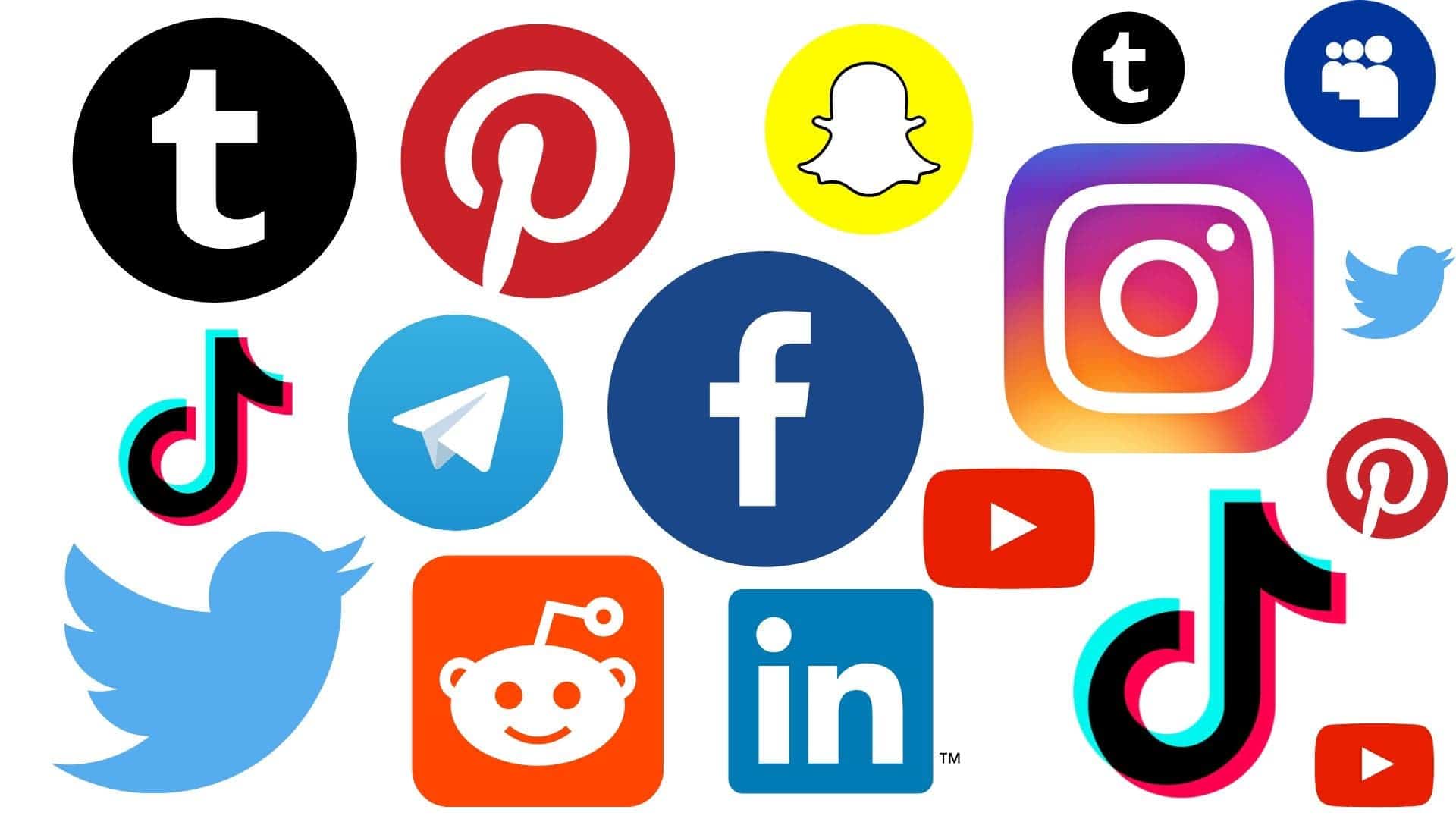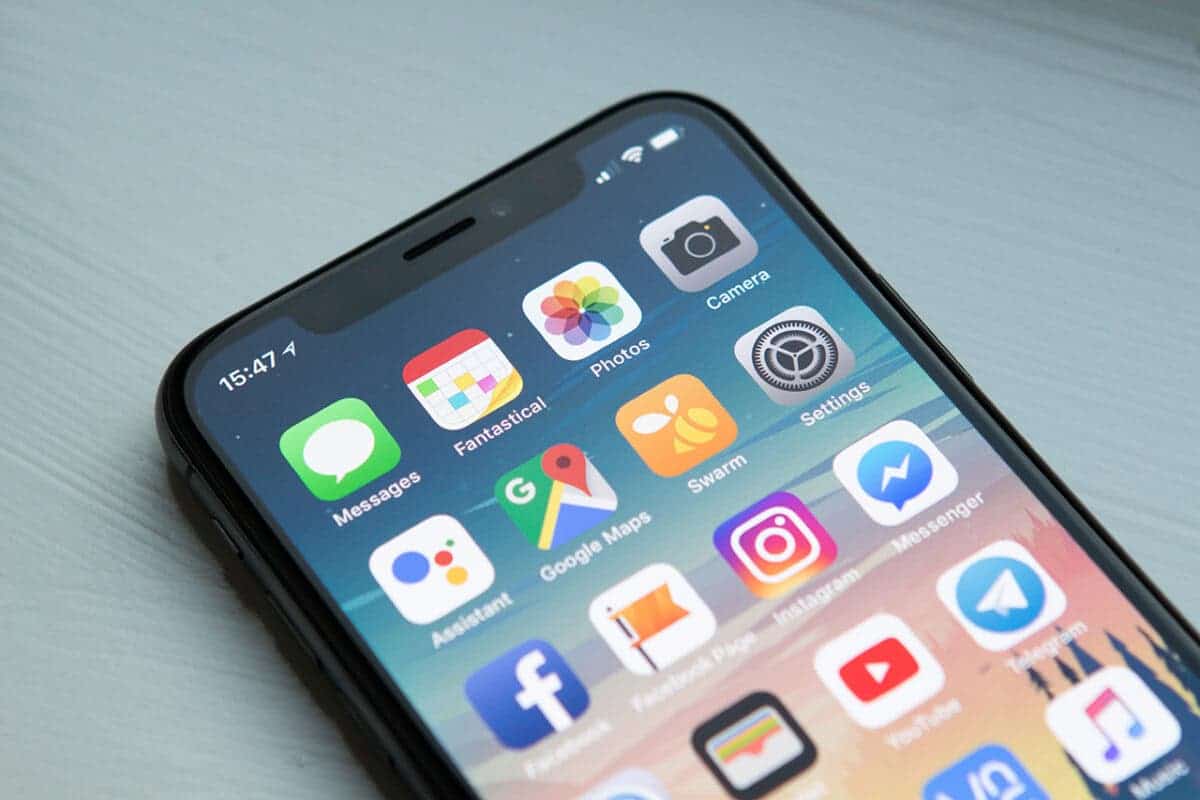Once upon a time, we worried about governments controlling speech. Now, we worry about TikTok’s algorithm, YouTube’s moderation policy, or whether Mark Zuckerberg thinks your meme is appropriate. It’s not paranoia—it’s reality. Tech companies have quietly become the new governments of the digital world. The difference? No one elected them.
Why Tech Giants Now Rule the World—and We Let Them

In a few short decades, private platforms have become the public square. Social, political, and even legal conversations unfold on infrastructure owned and operated by billion-dollar corporations. And while they wear the friendly branding of platforms and products, what they really offer is power—unchecked, unelected, and deeply unaccountable.
Consider this: more Americans get their news from Facebook and YouTube than from newspapers. A single policy update from Apple can make or break an entire industry. Elon Musk can unilaterally decide what “free speech” looks like on one of the world’s most influential social platforms—and then change his mind a week later.
These decisions aren’t just business strategy. They’re policy. They impact real people, shape elections, set cultural tone, and influence the global flow of information. If that’s not governance, what is?
What makes this shift more unsettling is how little transparency or due process exists. When a post is removed, a creator demonetized, or an account de-platformed, there’s rarely any recourse. There are no courts, no hearings, no appeals that feel meaningfully fair. Content moderation teams, guided by vague community guidelines and risk-averse corporate interests, make snap judgments that affect millions.
And no, this isn’t a cry for some “free speech absolutism” utopia. Platforms should moderate. Harmful content should be addressed. But we’ve moved into territory where private companies are deciding the terms of public discourse, without the public ever agreeing to those terms—or even fully understanding them.
From Platforms to Powers: The Tech CEOs Governing Your Life

The bigger irony? These companies often have more global influence than actual governments. Facebook has its own “Supreme Court”—the Oversight Board—but unlike any real court, its decisions are advisory, and Facebook can ignore them. Google and Apple essentially decide which apps exist in the mobile economy. Amazon shapes labor policy through sheer scale and influence. TikTok quietly rewires the attention spans and tastes of an entire generation, governed not by democratic values but engagement metrics.
Meanwhile, lawmakers are always two steps behind. Tech CEOs get called into hearings where they dodge questions, offer canned responses, and walk away untouched. Regulation moves slowly. Technology moves fast. The result? A digital world ruled by private interests, while public institutions watch from the sidelines.
So what do we do?
First, we stop pretending these are “just companies”. They are governing entities in everything but name. That means we should demand more: more transparency, more oversight, more civic responsibility. Second, we need regulatory frameworks that treat platforms not just as businesses, but as civic infrastructures—because that’s what they’ve become. And third, as users, we need to start paying attention not just to what we consume online, but who is setting the rules behind it.
Democracy wasn’t built to be compatible with code updates. But the future of free expression, digital rights, and even civil discourse depends on whether we start holding our new digital governors to account.
We never voted for them. But we can still push to make them answerable to the people they serve.
